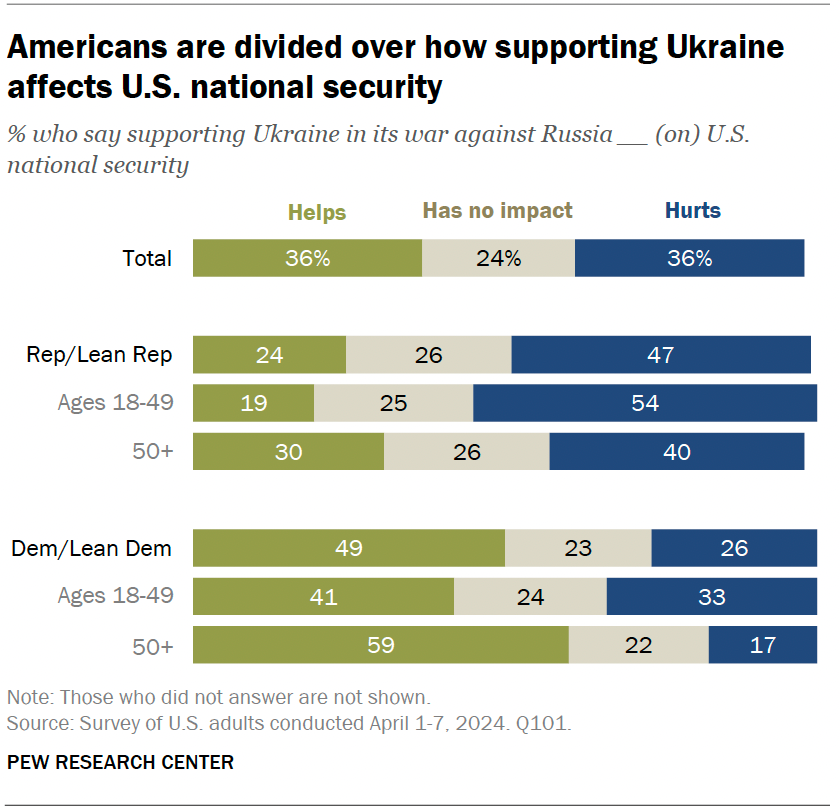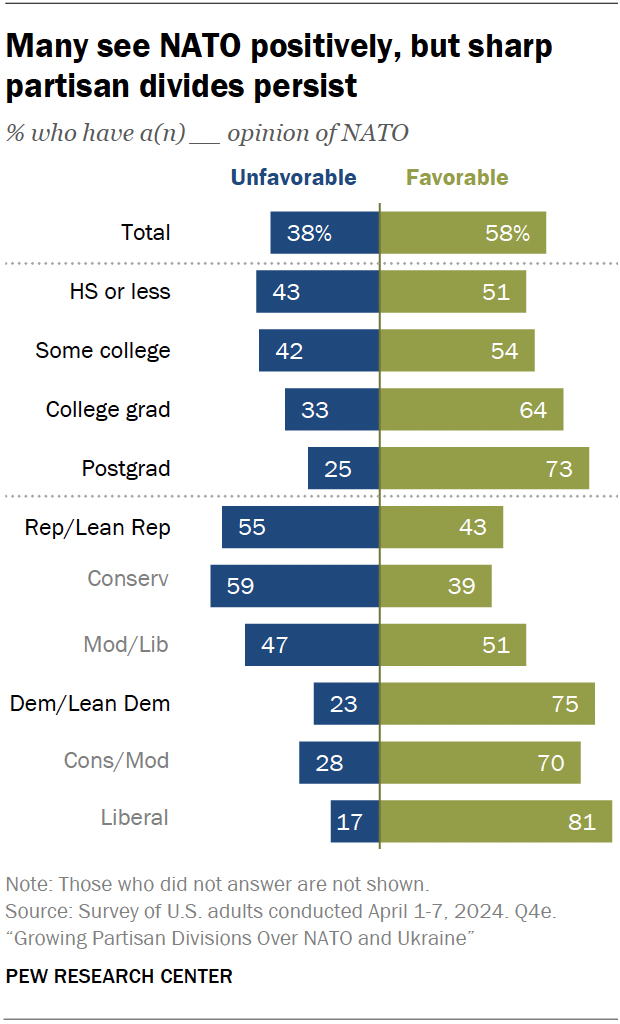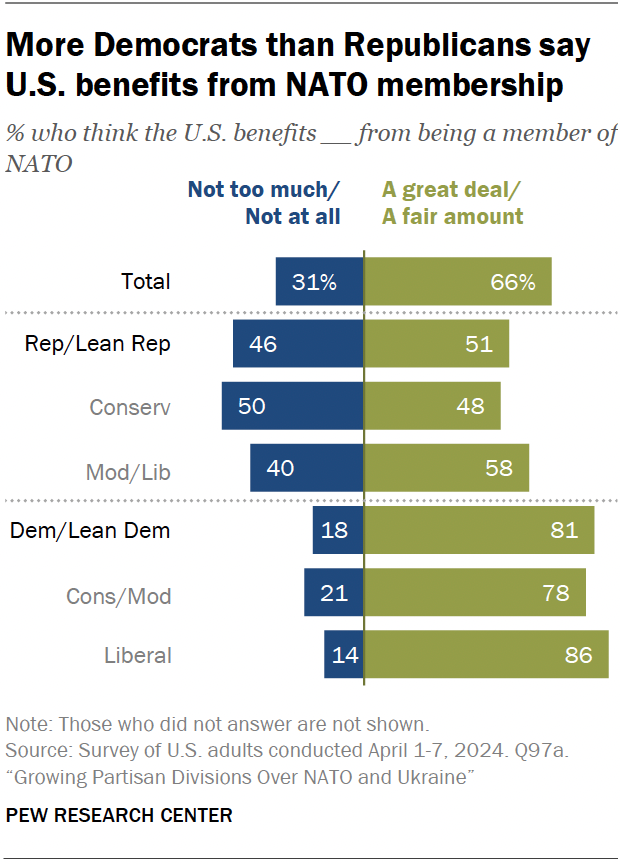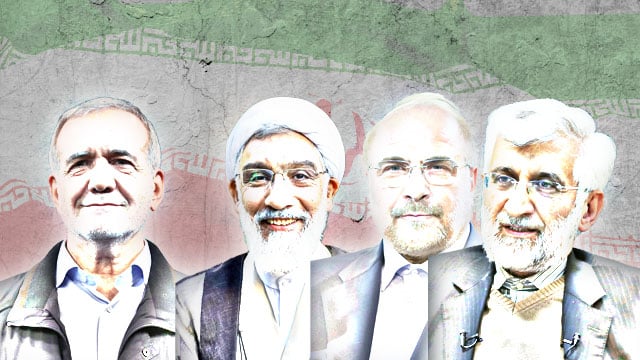The 2024 US Presidential election 2024 is around the corner. The two major parties, Democrats and Republicans, are warming up for the major debates before the polling on November 5th.
While Americans remain polarised over the domestic policies, priorities and promises of the two contestants—President Joe Biden (81) and his predecessor Donald Trump (77)—the global south is concerned about a missing dove.
The dove that epitomises global peace is missing from the bipartisan narratives.
Generally, global peace—which is mostly elusive—is determined by American foreign policy, which many accuse of fuelling several of the world’s conflicts today.
However, unlike most domestic issues, there isn’t much of a visible difference between both contestants’ foreign and military policies.
Be it Russia’s special military operations in Ukraine or Israel’s aggression on Gaza, the Democrats and the Republicans nearly share similar views, despite their occasional differences on funding wars or sponsoring one party against another.
The Ukraine experience
Moscow blames the North Atlantic Treaty Organization (NATO), the US-led collective West’s military bloc, for the escalation in Ukraine.
According to the Kremlin, NATO’s gradual expansion towards the east, violating the assurances given to the former Soviet Union, rang an eerie alarm over the security threat this expansion poses to Russia.
It’s claimed that the US’s attempt to change Europe’s security landscape by wooing Ukraine into NATO triggered Russian President Vladimir Putin to launch his special military operations against Kiev.
Similar views have emerged even within the US establishment, even expressed by former secretary of state William Perry and former diplomat Bill Burns.
The US, which allegedly prevented Ukraine from resolving the contentions with Russia through dialogue earlier, has been leading the collective West in sponsoring the ongoing war.
For this, Mr Biden’s government has been generously donating American taxpayers’ money to Ukrainian President Volodymir Zelenskky.
But how do Americans see this?
America’s mood on Ukraine war
According to a Pew Research Center’s study, nearly one-third of Americans—31% of the total respondents—believe that the US is providing too much aid to Ukraine. There are 25% who believe it’s providing the right amount of aid, while 24% believe that the aid isn’t enough. Around 18% have no idea about the issue.
The political polarisation over Ukraine
Here is how the both parties view the support extended to Ukraine:

There is also a major difference between how both camps see the Ukraine war. While more Democrats consider it a threat to the US national security, many Republicans hold a contrary view.
Similarly, both sides have diverse views regarding NATO.


It’s noteworthy that in February, Mr Trump claimed that if elected he’d allow Russia to “do whatever the hell they want” to the NATO member countries in Europe if the latter didn’t pay their obligations towards the bloc.
However, he softened his stance on Ukraine later, providing a leeway to Mr Biden’s administration to continue intervention in the conflict.
Cooperation, thy name is irony
While the Republicans, including Mr Trump, have been opposing the US aid to Ukraine, they have cooperated with the Democrats in the end.
Recently, in April 2024, the US government managed to have Congress endorse a historic $61.3bn aid to Ukraine. It’s the largest sum that the former Soviet republic has received from the US.
This aid was pending due to the opposition from the Republicans, who took control of the House of Representatives in January 2023. But despite their initial opposition and Mr Trump’s occasional rhetoric against such aid, the Republicans joined the Democrats to pass the bill in April 2024.
But this wasn’t their first cooperation.
The first package-March 2022
On March 10th 2022, within weeks after Russian forces launched their attacks, the US Congress passed the first bill to provide aid to Ukraine worth $13.6bn by a 68:31 majority. The Democrats won support from the Republicans in passing the aid for a foreign country.
Not only, did the Republicans support the federal spending legislation, but they also ensured that their demands for higher military expenditures were included in the federal package. They forced the Democrats to accept an increase of $42bn in military spending for 2022, which spiked the country’s military budget to $782bn for that year.
The New York Times quoted Kentucky’s Republican Senator Mitch McConnell saying that the bill “put us Republicans in the surreal position of having to push a commander in chief’s party into giving his own commanders the funding they need”.
Mr Trump, known for his non-interventionist stance and opposition to certain Washington DC policies, said that he wants the US to attack Russia but by using a Chinese plane to blame Beijing and spark a conflict between the two neighbours. “We didn’t do it — China did it,’ and then they start fighting with each other and we sit back and watch,” he had said then.
But the cooperation didn’t end there.
Total aid to Ukraine
The chart below shows the Ukraine aid packages endorsed by the US, which continued from March 2022 to December 2022.
The following pie chart shows how the $107bn is divided into different heads, with only $2.9bn going towards ‘humanitarian aid’.
The Israel experience
If Russia’s special military operations in Ukraine have divided the American politicians before the 2024 US Presidential election, Israel’s attack on Gaza, following the October 7th attack by Hamas, has united them.
According to the United Nations Office for the Coordination of Humanitarian Affairs (UNOCHA), between October 7th and May 24th, the Israeli forces killed 35,800 civilians in the Gaza Strip with 32% of them—7,797—children and 20%, or 4,959, women.

In the same period, the Israeli forces have injured over 80,200, displaced over 1.7m people in Gaza and forced over 1.1m people into a serious humanitarian catastrophe.

While most of the world, including the countries of the global south, and major powers like China and Russia have opposed Israel’s atrocities on civilians in Gaza, its attack on Rafah and the gross human rights violations, the US has extended significant support to Tel Aviv, including massive financial aid.
The Israel ‘aid’
In April, the US House of Representatives also passed a bill to support Israel with $26bn against the Palestinian civilians, along with the Ukraine ‘aid’ package. The ‘aid’ bill was passed with a 366:58 majority. Only 37 Democrats and 21 Republicans voted in opposition.
This will provide Tel Aviv with $15bn of American military aid at a time it has intensified its campaign against Palestinians in Rafah, the southern part of Gaza.
The ‘aid’ for Israel includes more than $5bn to replenish its three defence systems: Iron Dome, which intercepts incoming rockets; David’s Sling, which shoots down drones, missiles and rockets; and Iron Beam, which uses laser beams to destroy incoming projectiles.
The ‘aid’ package also includes $1bn to enhance artillery and munitions production and development, and $2.4bn for American military operations in its Central Command region overlooking the Middle East and parts of South Asia and East Africa.
Unsurprisingly, the Republicans not only supported the ‘aid’ to Israel, but they also brought the Israel Security Assistance Support Act to ensure the Democrats can’t put conditions on US aid to Israel. The House passed the Act with 224 votes in favour and 187 against it.
The Act was sponsored by House Appropriations Defense Subcommittee Chairman Ken Calvert (Republican-California) and cosponsored by Chairman Tom Cole (Republican-Oklahoma), State and Foreign Operations Subcommittee Chairman Mario Diaz-Balart (Republican-Florida) and Financial Services and General Government Subcommittee Chairman David Joyce (Republican-Ohio).
“The passage of the Israel Security Assistance Support Act sends another strong message that the US House of Representatives stands with our ally Israel in its mission to protect and defend its citizens,” said Mr Calvert.
“In contrast to the weak and confused policy of the Biden Administration, the House is standing solidly with Israel as it wages an existential battle against the terrorist state of Iran, and its terrorist proxies Hamas and Hezbollah. We must ensure that Israel has what it needs to eradicate Hamas, which vows Israel’s destruction,” Mr Diaz-Balart said.
In supporting Israel’s violence against Palestinian people, there is a visible bipartisan unity, with a minuscule section within these parties supporting the cause of the civilians.
Unity of opposites
Quite dialectically, one can see the unity of the Democrats and the Republicans on the issue of Palestine.
Recently, when the International Criminal Court’s (ICC) Chief Prosecutor Karim Khan announced that he is pushing for an international warrant against Israeli Prime Minister Benjamin Netanyahu, his colleagues and some key Hamas officials, the US politicians from both camps plunged into the foray to oppose it.
Mr Biden opposes it by denying that Israel is committing a ‘genocide’ in the Gaza Strip. The president says that Mr Khan’s application for an ICC warrant is “outrageous” and “shameful”.
Secretary of State Antony Blinken seconds Mr Biden. “We reject the prosecutor’s equivalence of Israel with Hamas,” Mr Blinken commented on Mr Khan’s application.
While Mr Blinken calls Mr Khan’s move at the ICC “profoundly wrong-headed”, the House of Representative’s Republican Speaker Mike Johnson says that the Congress is reviewing all options available, including sanctioning the ICC.
Neither the US nor Israel are signatories to the Rome Statute, the treaty that established the ICC, and both countries do not acknowledge the court’s jurisdiction.
In contrast, Palestine, which holds the status of a non-member observer state at the United Nations, accepted the ICC’s jurisdiction in 2015. This acceptance grants the court the authority to investigate crimes committed within the occupied Palestinian territories.
Ironically, the US had welcomed the ICC’s warrant against Mr Putin in 2023, accusing him of committing a war crime targeting children.
The China factor in the 2024 US presidential elections
Whether Mr Biden or Mr Trump wins the 2024 US presidential elections, the institutional Sinophobia prevalent in the US, which is a reminiscence of ‘McCarthyism’, can remain unchanged, trends show.
What started as a trade war, initiated after the US failed to address its multilateral trade deficit and lack of investment in research and development, has now turned into a reinvigorated Cold War, where Washington DC, overlooking its ‘One China Policy’, has been provoking China by inciting trouble in the South China Sea in particular and the entire ‘Indo-Pacific war theatre’.
When the US Congress passed the $95bn bill to aid different countries—including $61bn to Ukraine and $26bn Israel—in April, it earmarked $8.12bn to “counter communist China and ensure a strong deterrence in the region”, referring to the ‘Indo-Pacific’.
The China package
The China package entails support for Taiwan’s secessionists; nearly $2bn will go as military aid to Taiwan and other ‘allies’, including India, who are confronting China in South Asia.
However, the larger portion of this package will go into the American military-industrial complex.
The US will use $3.3bn from this allocation towards its domestic submarine-building industry. It plans to build the $1.9bn-worth Columbia class nuclear-powered submarine by 2027, and $200m will be used to construct the Virginia class submarines.
Continuing the escalation
While Mr Biden held a bilateral meeting with his Chinese counterpart in 2023 and Mr Blinken visited China recently, the sponsoring of Taiwan and other ‘allies’ of the US in the region against China and investments in the submarine building to thwart China highlights that Washington DC has no plans for de-escalation.
This is topped by the regular American ban on the export of any equipment or raw materials that can aid China in semiconductor manufacturing for its ambitious artificial intelligence projects and stoking xenophobia over Chinese electric vehicles and cranes.
Mr Trump, on the other hand, proposes to impose a flat 60% tariff on imports from China, if elected.
A US-China confrontation has the potential to flare not just a regional war, but a world war. According to the Global Times, the American idea is self-destructive.
The history of American politics shows that the system ensures that only the two major parties have power stakes. There is no scope for a third alternative.
The unity of the two parties on the issue of a militarist foreign policy indicates that whether Mr Biden or Mr Trump wins the 2024 US Presidential election, there won’t be a dovish trait in either’s policies.
Tanmoy Ibrahim is a journalist who writes extensively on geopolitics and political economy. During his two-decade-long career, he has written extensively on the economic aspects behind the rise of the ultra-right forces and communalism in India. A life-long student of the dynamic praxis of geopolitics, he emphasises the need for a multipolar world with multilateral ties for a peaceful future for all.






